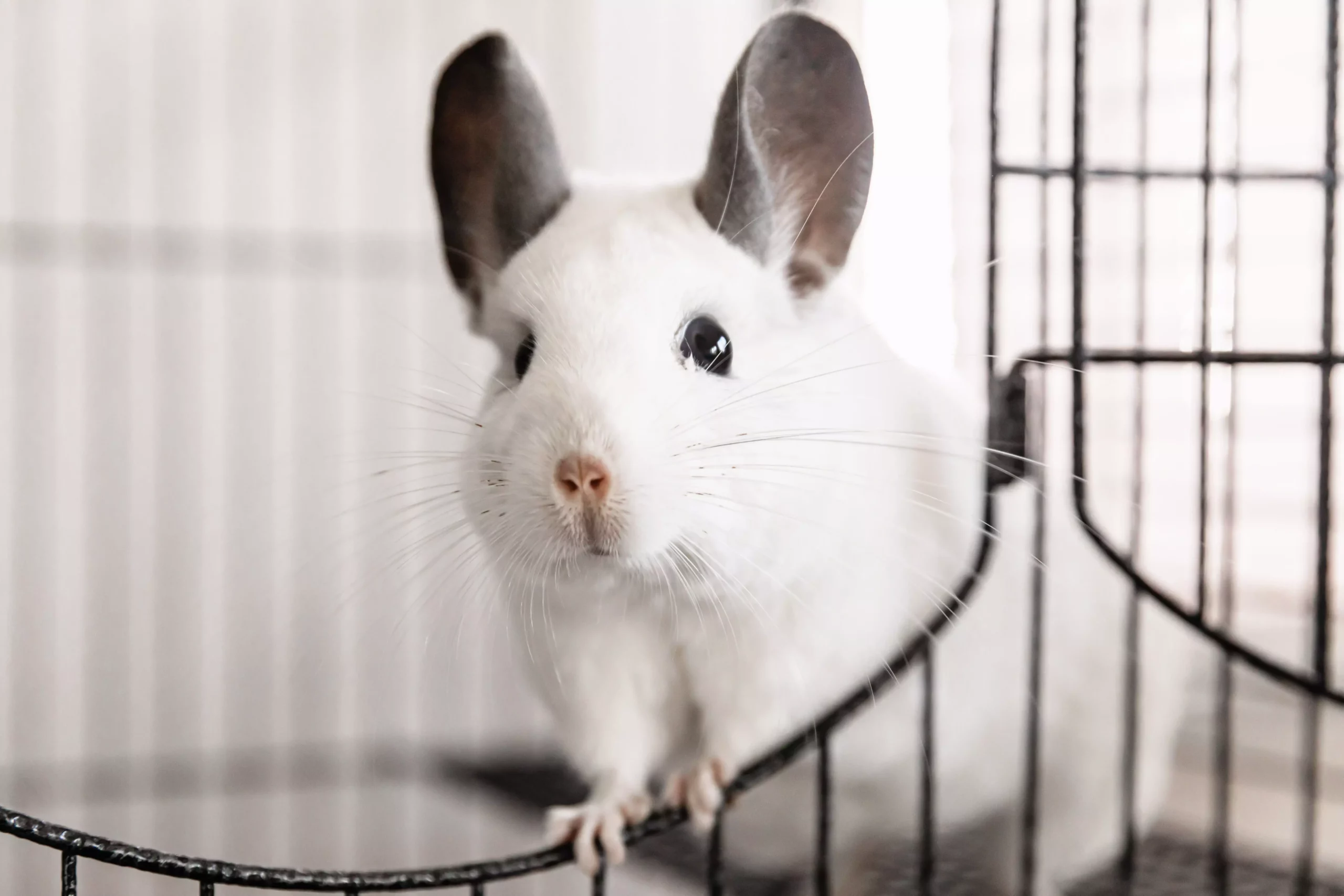Chinchillas, often seen as exotic pets, hold a unique charm owing to their playful nature and striking soft fur. These small rodents are indigenous to the rocky terrains of South America, where they have adapted to survive in harsh climates. As pets, they have carved a niche, captivating the hearts of those who appreciate their distinct characteristics. However, breeding awareness of their specific needs and idiosyncrasies is essential for potential owners.
Chinchillas are primarily nocturnal creatures, with their peak activity hours falling during the twilight hours, which is known as crepuscular behavior. For owners, this means that the best interactions typically happen at night, providing the chinchillas with ample opportunity to express their playful tendencies. When kept in an environment that aligns with their natural habits, chinchillas exhibit exuberance and curiosity, which can be delightful to observe, yet it may prevent certain individuals from bonding with these animals during the day. Therefore, prospective pet owners need to align their lifestyles with the chinchilla’s behavior to foster a healthy bond.
Moreover, chinchillas are social animals and can thrive alone or in pairs, particularly when they are introduced at a young age. However, introducing them to other pets or stressed environments can result in adverse reactions. Individual personalities can vary, indicating that while some may revel in playful interactions with their owners, others may prefer the autonomy of exploration over the closeness of holding. Recognizing these traits early on can lead to a more profound understanding of the pet’s needs and how to nurture the bond over time.
Creating a safe and stimulating living environment is vital for chinchillas. A spacious multilevel cage is ideal; the minimum dimensions should be approximately 4 feet by 4 feet by 3 feet. However, larger cages can significantly enhance the quality of their life. Opting for a cage designed with wire materials allows for ventilation, which is crucial given the chinchilla’s susceptibility to overheating. Solid floors in cages are essential as this helps support their delicate feet and minimizes injury risks associated with wire flooring.
Incorporating platforms, perches, and ramps is also necessary for their exploration and exercise. Alongside physical layouts, a carefully curated setup of toys and activities within the enclosure will keep chinchillas engaged. Chew toys made from safe materials are crucial, considering their constantly growing teeth. Providing pumice blocks and maintaining a clean environment with bedding that is free from irritants like pine or cedar is fundamental to their overall health.
The dietary regimen of chinchillas demands special attention as their digestive systems are delicate. As herbivores, they primarily thrive on a rich diet of high-quality grass hay, such as timothy hay, which should always be available. Supplementing their diet with specially formulated pelleted food ensures they receive adequate nutrition. Owners must remain vigilant, disposing of uneaten foods promptly to prevent spoilage.
Although chinchillas can indulge in fresh fruits and vegetables, consulting with a veterinary expert about safe options is paramount. Any treat must be introduced in moderation to avoid digestive complications. Additionally, they need a consistent supply of fresh water – a water bottle tends to be more practical than a dish, aiding hygiene and reducing contamination risks.
Chinchillas, like all pets, are susceptible to health issues, making a proactive approach to their care essential. Common problems include respiratory infections, heat stroke, and dental issues arising from overgrowth or impaction. Engaging with a veterinarian experienced in exotic pets is critical before acquiring a chinchilla, as not all veterinary practices provide the necessary expertise for these unique animals.
Regular health checks, as well as being attentive to signs indicating stress or illness, can significantly enhance your chinchilla’s quality of life. If any symptoms arise, it’s critical to minimize handling to alleviate further stress on the animal.
Developing trust with a chinchilla requires patience and consistency. Their natural inclination to be cautious means owners must approach interactions with care. Gradually introducing gentle petting and offering treats can foster familiarity. It’s advisable to encourage chinchillas to come onto your hands voluntarily, rather than forcing them into your grasp. This technique builds trust and nurtures a bond that can lead to a more interactive pet experience.
While chinchillas can make exuberant and delightful companions, prospective owners must consider their needs and behaviors during the decision-making process. Their care requires dedication, specific knowledge, and an understanding of specific social dynamics. Supervised free-range time, safe toys, and routine maintenance are all essential components for keeping a chinchilla happy and healthy. Ultimately, with the right preparation and commitment, chinchillas can become rich contributors to the symphony of life in their owners’ homes.

